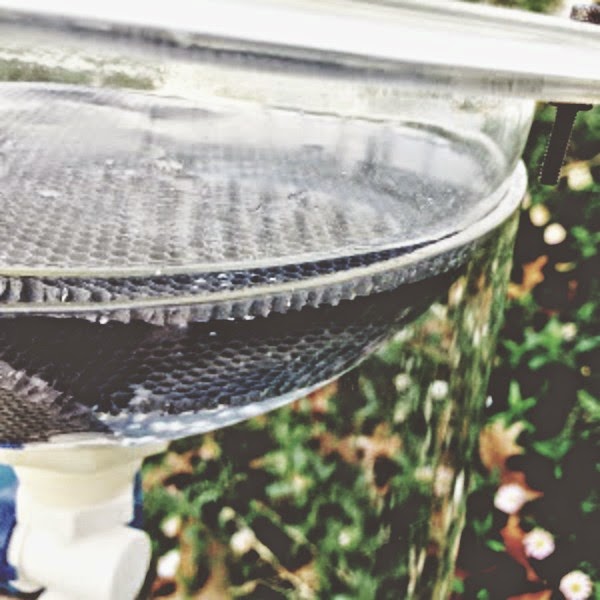The “Right to Know” whether our food is genetically modified is something that’s not afforded to us in America, despite the fact that labels on foods containing GMOs are mandated in 60+ countries around the world.
And while companies have begun voluntarily labeling them, there is much concern over whether they’re telling the truth (as this recent fiasco involving a popular tortilla chip company showed).
This November, voters in two key states, Colorado and Oregon, will decide whether or not to label GMOs in landmark votes.
Both campaigns are being badly outspent due to huge donations from Monsanto and Big Food, but Colorado in particular is getting hammered, with over $11 million spent to hide information from consumers about whether or not there are GMOs in their food so far, compared with just $441,000 on the pro-labeling side.
And while companies have begun voluntarily labeling them, there is much concern over whether they’re telling the truth (as this recent fiasco involving a popular tortilla chip company showed).
This November, voters in two key states, Colorado and Oregon, will decide whether or not to label GMOs in landmark votes.
Both campaigns are being badly outspent due to huge donations from Monsanto and Big Food, but Colorado in particular is getting hammered, with over $11 million spent to hide information from consumers about whether or not there are GMOs in their food so far, compared with just $441,000 on the pro-labeling side.







